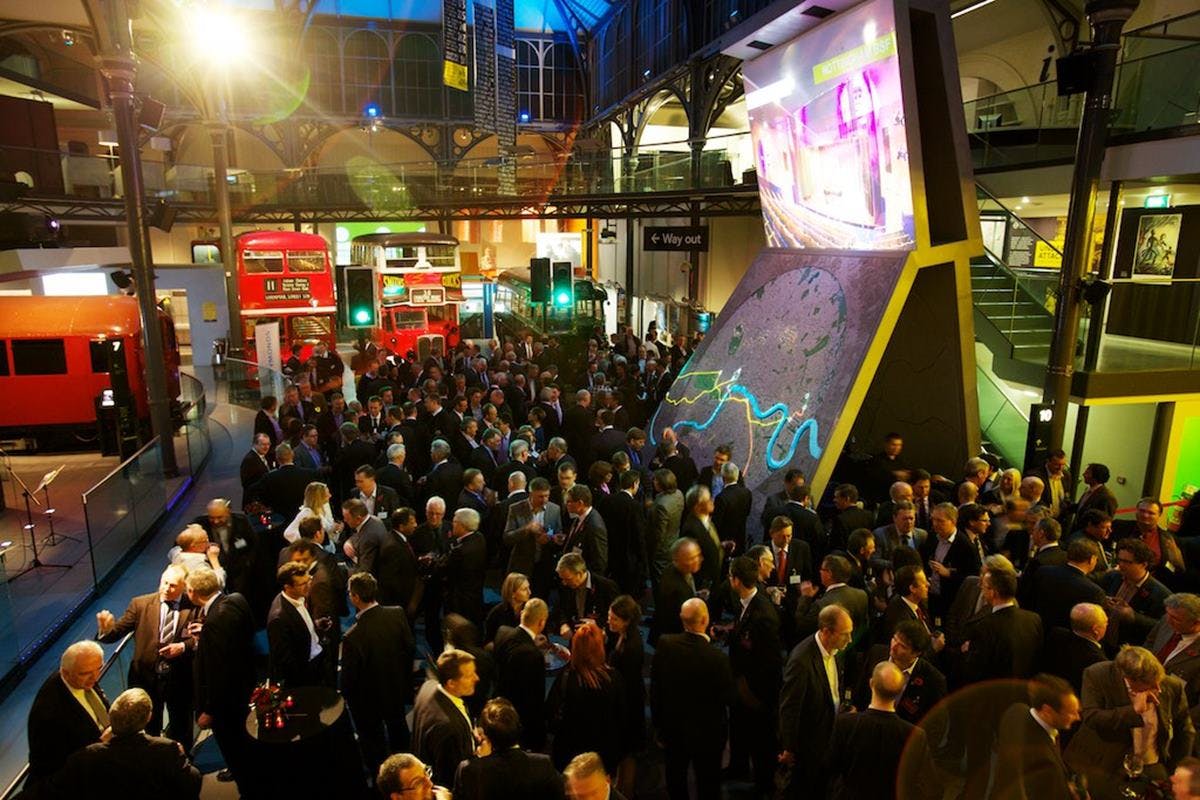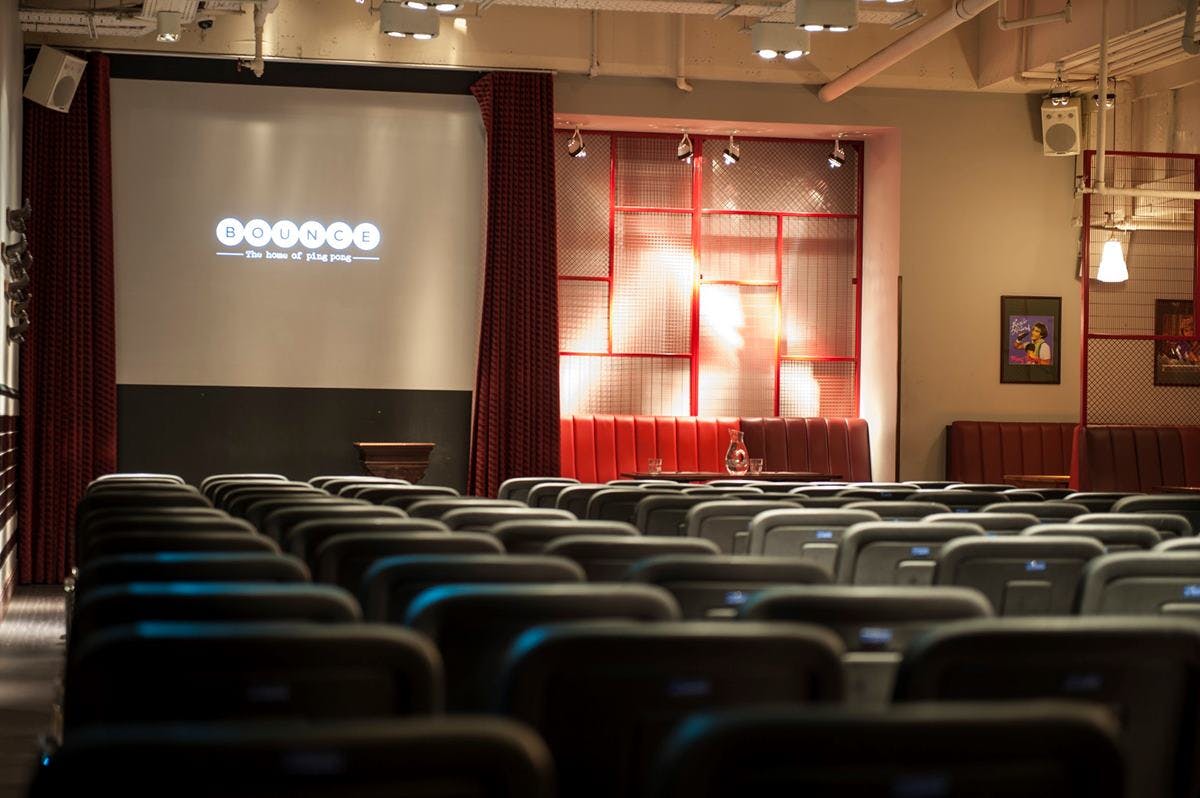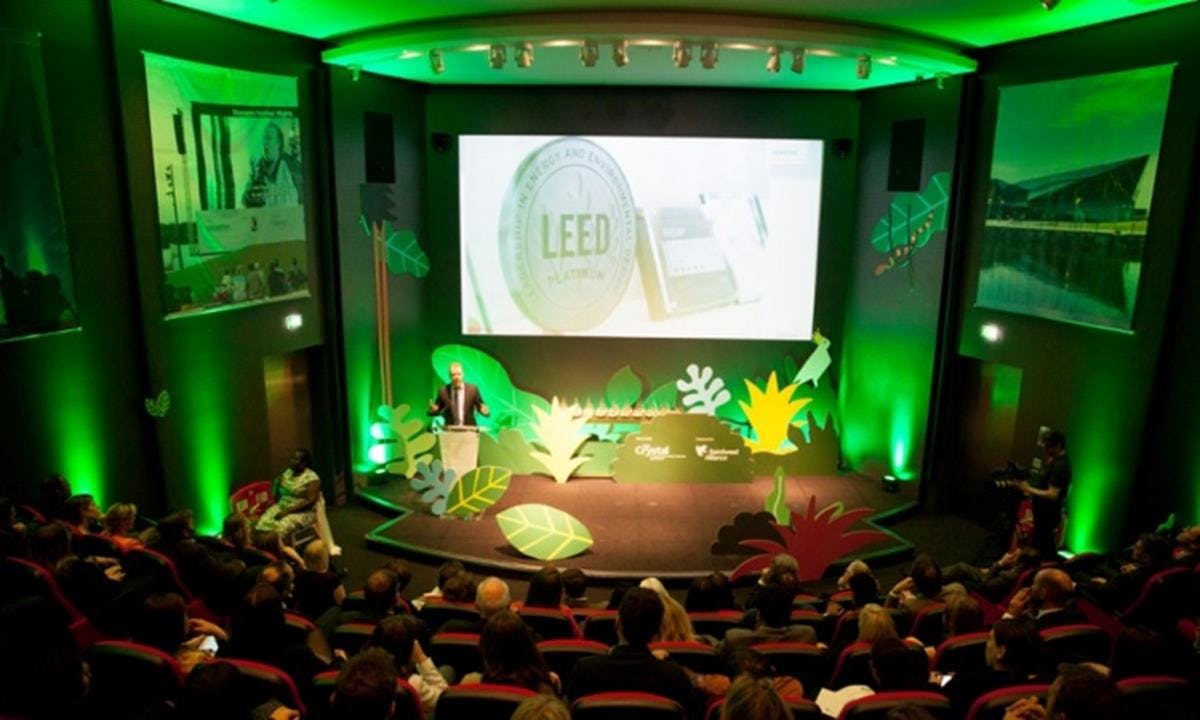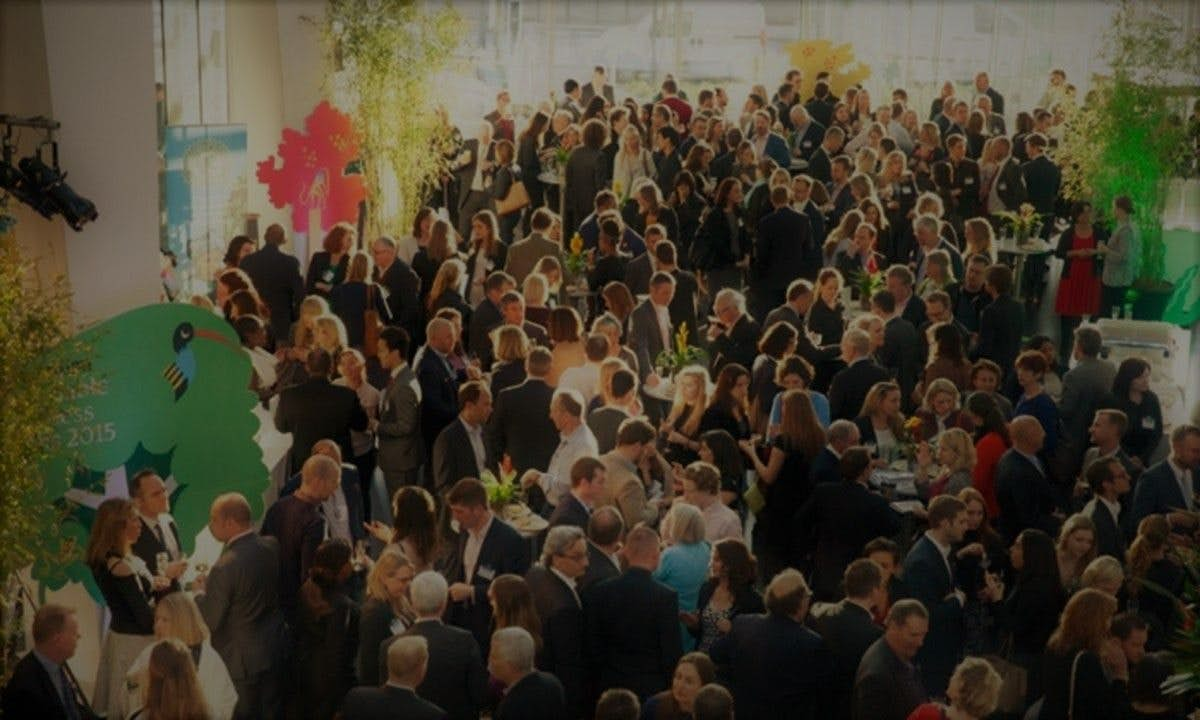This October we're bringing the very first EventLAB to CodeNode. We're very excited to have announce Mash Media as our media partner and will be supporting the event, helping us spread the word and sharing their incredible insight into the industry.
To celebrate the collaboration we spoke to Paul Colston, Editor of Conference News about how he got into the industry, the importance of the events press and what he thinks the future might be.

Tell us a bit about the history of Conference News.
Conference News, launched in 2003 has grown in stature over a relatively short period to become the leading monthly magazine for the UK meetings industry. The magazine’s portfolio includes conference-news.co.uk, where blogs, galleries, features and much more compliment the fastest industry daily news service. It is a platform for the whole UK meetings and events industry to meet and share ideas and inspiration.
Conference News is the fastest growing publication in the sector and now boasts a 20k Twitter following, a TV channel and dynamic website, as well as successful sister publication, Conference & Meetings World and Association Event Manager.
Why do you think reporting in the industry is so important?
Ours is a £44bn-plus industry and one that is dynamic and largely unreliant on subsidies and support from government. In times of recent recession, it has shown itself to be resilient and able to be a key economic motor to drive the British economy forward using world leading creativity and fast evolving event technology innovations.
As marketers look to justify their spend, face-to-face has time and again proved itself to be the most effective means of communication and marketing. Our sector is rich and diverse and as the UK looks to carve out a more independent trading policy, it is likely to be relying on its strong suits. The meetings and events sector is exactly one of those.
Reporting and analysing these achievements and strategies, sharing best practice and raising the knowledge bar, as well as issues of sustainability and food provenance are all an important consideration for the press. Tackling these requires a trade media acting closely alongside and even embedded in the industry’s DNA. Conference News, part of the largest publishing house in the industry, Mash Media, is uniquely placed to do just that.
How long have you worked at Conference News and how did you get into the events industry?
I started working in the industry in 2005 when I came to Mash Media to launch Conference and Meetings World. I also took over the fledgling Conference News. Previously I had been working at an international news agency reporting on new markets, politics, economics and sport.

I had seen the power of exhibitions and conferences as providing portals and connecting platforms for investors and traders looking at the developing markets of Russia, China and India and thought that this was a sector that had plenty of ideas, flair and creativity, allied to sound commercial principles.
What do you find most interesting about the industry?
Undoubtedly the type of people who are attracted to work in it. There aren’t too many shy types and because it is a business where you need to project, create and lead with ideas and innovation, it tends to attract some of the more interesting minds. They also tend to be people that do not like constraints on their creativity and aren’t prepared to settle for second best.
Of course, we have our more methodical colleagues on the ops side of the industry, and they are valued equally, making for a cocktail of a valuable sector that knows what it needs to do and gets on with it.

As a journalist, you are never stuck for stories to report and interesting information to work with. I feel lucky to be in a job that also involves a significant amount of travel, which certainly broadens the mind and brings cultures together, invaluable in this day and age.
What are the challenges?
The challenges include persuading local authorities and politicians of the value of our industry and its multiplier effect on local economies.
The perception of conferencing can be one of unimaginative boxy venues with boring rows of people discussing dry topics. Our job is to show the full gamut of the meetings and events sector, from weddings and parties, through to incentives, festivals and corporate and association meetings, as well as all the services that run alongside, such as sourcing speakers, AV, apps, registration companies and catering, to name a few essentials.

The industry faces the challenge, common to many, of integrating technology to good effect and rethinking and redesigning our business models in an age of disruption. I am confident we have the ‘meeting minds’ to do just that.
Are you concerned about how Brexit will impact the industry?
I think there are many concerns regarding the realisation of Brexit. The main one identified already last year by the leader of the All Party Parliamentary Group for Events, James Heappey MP, was the threat to the sector’s labour supply. So many East European workers in the hospitality sector have helped make it a thriving industry in the UK and it seems to me it is going to be extremely difficult to guarantee a continued supply of labour here once Britain is outside of the EU.
Of course, the industry must not settle onto the back foot and just moan about such a situation but look at contingencies. We are, after all, an industry full of doers and organisers! Hopefully, our world outlook can become broader to compensate and pitch ourselves fully into the wider world of international markets beyond the UK, ramping up marketing efforts and targeting them accordingly.
The likely further weakening of sterling may also help in the short term, creating a price differential that is more attractive to international organisers.
What do you think the future is?
The future will be much more demanding around 'return on investment' (ROI) and justifying events spend. It will also force many to rethink their propositions as familiar designs and modes of operation change underfoot. Already, venue-finding is moving ever more quickly online and I expect a greater role for 'artificial reality' in letting us experience destinations more fully without having to physically visit.
We will face harsh challenges in sourcing labour in future and will need to ensure our students receive the best event management training possible so that they may come into the industry as a first choice and with relevant skills.
It can be a leading economic sector for the UK in the world to win business in what will be a very different trading environment. We need also to learn from destinations like Singapore, Hong Kong and The Gulf and US, which in some areas in our sector are ahead of us. Scandinavia provides a leading guide in producing sustainable events, for example.

Last but not least, the issue of security needs to be put right at the top of our priorities in this new age of terror. Venues can be some of the most vulnerable targets in future, I’m sorry to say, and much more need to be done to ensure our delegates remain safe.
The most satisfying indicator for the future is the fast evolution of event management courses and apprenticeships for young people wishing to enter our industry. Far more channels into it today than ever before.
We'll be discussing these issues and more at EventLAB in October, you can register your interest here.
You can also head over to Conference News for the latest updates and insight from across the events industry.
